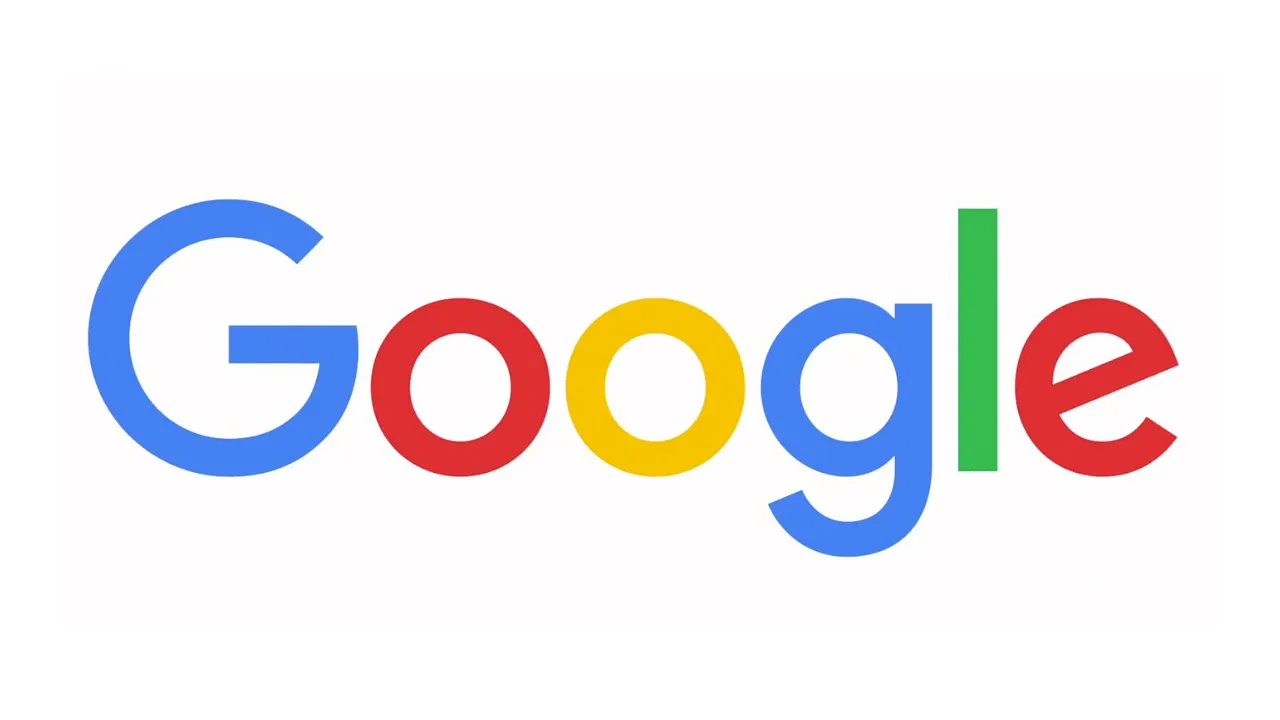Google's Confidential Matching: Revolutionizing Data Privacy for Advertisers

Understanding Google’s Confidential Matching
Google is rolling out confidential matching, a breakthrough in secure advertising practices that allows advertisers to connect first-party data while ensuring data privacy. Utilizing Trusted Execution Environments (TEEs), this technology helps isolate sensitive information during processing, providing an added layer of protection for customers’ data. With this shift, advertisers will have better visibility and security around their digital campaigns, effectively balancing data use with consumer privacy.
Advantages of Confidential Computing
- Security by Default: Confidential computing ensures that data is secure by default, minimizing the risk of unauthorized access during processing.
- Data Transparency: Advertisers gain transparency into how their data is handled and processed.
- Enhanced Customer Trust: Providing customers with confidence that their data is secure can improve brand loyalty.
Future Prospects
As Google expands confidential matching across its advertising solutions, advertisers can expect more innovative tools that enhance both privacy and performance. The technology company is committed to making these advancements accessible, paving the way for standardized practices that prioritize user privacy without sacrificing performance.
This article was prepared using information from open sources in accordance with the principles of Ethical Policy. The editorial team is not responsible for absolute accuracy, as it relies on data from the sources referenced.